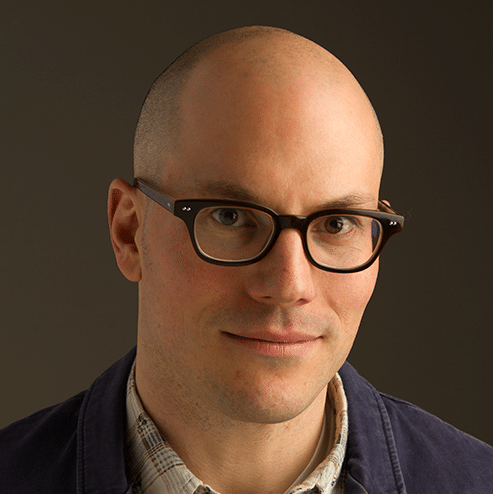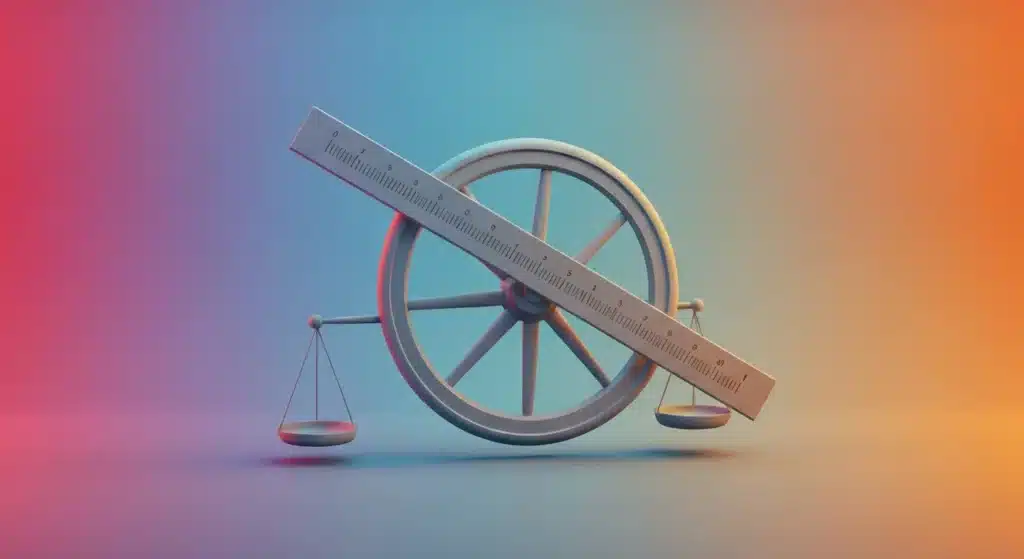In the marshmallow experiment, researchers gave the children two options. They could eat one marshmallow while the researcher was out of the room. Or, they could have two marshmallows later when the researcher returned, if they did not eat that first marshmallow.
Which kid would you be in the “marshmallow experiment”? Would you eat the one marshmallow that was offered right away, or wait a period of time for the promise of two? The ability to delay gratification ties in closely to the concept of your future self. Those who feel more connected to themselves in the future likely have the ability to see why a small sacrifice in the present will pay off later.
What is the Future Self?

The “future self” exercise says that conceptualizing who you will be later on in life can be a powerful motivator for your decision making. Bringing that future person “into the room,” so to speak, enables you to see how the choices you make today will impact who you become. You may make different decisions with your health, finances, or even relationships if you fast forward a decade and imagine how different scenarios could play out.
A person who is able to visualize their own future success is much more likely to take the leap to pursue education or certification in a career they’re passionate about. Someone who believes in their ability to accomplish something, like publishing a book, will create the daily disciplines it takes to get there. A person who can see a stronger, healthier version of their body will find it easier to get off the couch.
How the Future Self Came to Be
The idea of conceptualizing your future self is typically credited back to philosopher Derek Parfit. He pointed to the idea that people who are able to envision and feel connectivity with themselves in the future tend to make more rational and wise decisions. This thought is closely related to self-continuity, which describes a person’s connection to both their past and future selves.
Several other researchers have taken to testing Parfit’s hypothesis, including UCLA psychologist Hal Hershfield. Hershfield’s team performed a survey of adults between 20 and 86 years old. Respondents who indicated having more self-continuity, or connection with their future selves, were more likely to have accumulated financial savings or have positive health habits.
The future self can also be seen as a component of “possible selves,” which examines the many different routes the self can take. All of these related ideas (future self, possible selves, self-continuity) give a person the opportunity to do something we don’t necessarily think is possible: take a look at ourselves from the outside looking in.
Why the Future Self Matters
You change more than you think you do. At least that’s what Dan Gilbert’s study indicates. When interviewed, his respondents reflected on how much they thought they would change in the next decade, then described how much they had changed in the previous decade. Most people expected to change a lot less in the future than they had up to this point, and it didn’t matter how old they were. Even their music tastes changed in ways they didn’t expect, let alone their personalities.
Many of us operate out of the assumption that our lives have a certain amount of inertia. We may feel that we know our natural tendencies and have resigned ourselves to our failures. But along with a reflection of future self comes a new level of hope. Dreams you have given up on can become possibilities again. You can feel the courage to make hard decisions and costly sacrifices because you can see the person who will benefit from them. You can work toward a version of yourself that you’re proud of.
Important Future Self Outcomes
A person who envisions a future self is much more likely to have a growth mindset, rather than a fixed one. This means they see who they are and what they’re capable of as something that’s malleable and full of possibilities. It’s the difference between contentment with mediocrity and the true pursuit of happiness. Change is exciting, and developing a relationship with your future self can make it feel less like something that happens to you, but rather something you bring to life.
You may also enjoy these Future Self related posts:
- The History of the Future Self
- How to Leverage Your Future Self This Year
- Connected to Your Future Self: Correlation and Causality
- The Future Vision You Create
- The Past, Present, and Future Walked into a Bar. It was Tense.
- Future Self Party
- Looking Back from the Future
- Painting the Future with Today’s Brush
- It’s Your Future Self Calling with a Message




